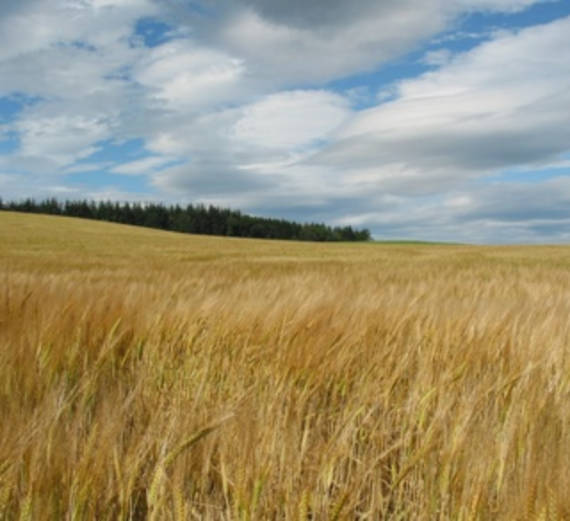Is Mainstream Sustainability Appropriating Indigenous Knowledge?

Indigenous peoples across the globe face the greatest threat from the impending devastation of the climate crisis, yet they may be the best positioned to solve it. With deep traditions and ways of knowing that cultivate a loving and symbiotic relationship with the Earth, Native peoples have been practicing sustainability for centuries. Though we may give such practices technical, scientific names in the present moment, the core ideas and values of sustainability have been stolen from Indigenous knowledge and tradition of living with the land. Without adequate recognition of the source of such knowledge and the ways that global economic systems have systemically and violently silenced Indigenous communities, the mainstream sustainability narrative will continue to perpetuate the colonization and appropriation of Indigenous culture in the name of protecting the Earth. Therefore, the movement for global sustainability and climate action will remain incomplete without Indigenous voices and leadership. It is imperative that our climate solutions are created by and for our Indigenous communities, and other marginalized identities. It would be a direct act of violence to not only appropriate their cultural ways of knowing, but simultaneously silence the communities most vulnerable to the climate crisis.
Indigenous sustainability is informed by traditional knowledge systems and generations of practice which cultivate a series of intentional strategies to maintain a secure balance between the natural world and those who inhabit it. Traditional knowledge itself, passed on and strengthened through oral tradition, rituals, language, and experience, is meant to ensure the preservation of this balance for generations to come. Although, as we continue to witness the effects of colonization, centuries of oppression, displacement, genocide, and violence, these knowledge systems are increasingly threatened, posing an even greater threat to the state of the natural world. The science and environmentalist communities have certainly seen the value in Indigenous sustainability, inspiring new innovations and research, although “the proceeds from these breakthroughs rarely find their way to the communities that originally made them” (United Nations, 2019). Bits and pieces of Indigenous sustainability are stolen and removed from their cultural context to be used as keystones of a white-washed and Westernized sustainability, appropriating these complex and holistic knowledge systems without recognition of where they come from. As we continue to face the climate crisis head-on in the next decade, we must be critical of the ways that mainstream sustainability narratives exploit the traditional wisdom of Indigenous peoples across the globe and reflect on which voices are the forefront of the movement.
Already displaced and disconnected from their land, Indigenous communities are at risk of further displacement as a result of the climate crisis. Indigenous peoples have been protectors of the most important ecosystems across the world for centuries; it is long past time for the rest of the global community to work to protect them and other at-risk populations from climate devastation. Traditional knowledge and practice offers a framework to restore the balance between humanity and the natural world once again. Now, let us sit down and listen.
To further explore the relationship between Indigenous knowledge, colonization, and the climate crisis, join us for a virtual discussion on Thursday, April 22 at 6:30 PM. Zoom registration and details to be announced in the coming weeks through morning mail and Zagtivities.
USEFUL RESOURCES:
https://www.un.org/development/desa/en/news/social/permanent-forum-on-indigenous-issues-2019.html
https://plantwithpurpose.org/indigenousleadership/
Grace Redpath, GSBA Sustainability Chair
